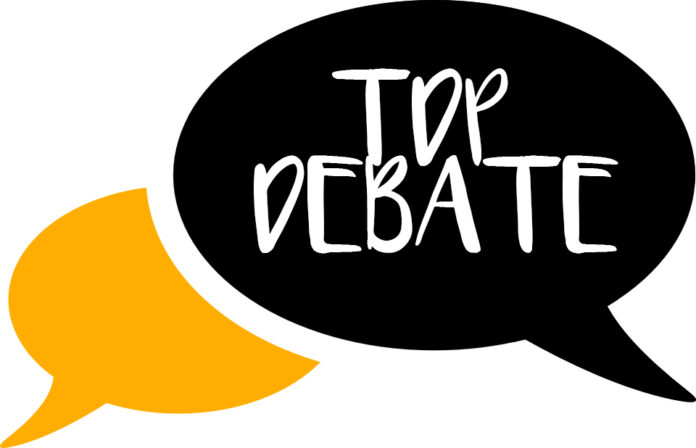
Cheeky. That’s the best way I could describe the highly contentious Christmas song, “Baby It’s Cold Outside.” I always found the song to be a smart and flirtatious back and forth between two playful people, hitting in the bullseye a relatable situation. This is the situation where you hide the true meaning of your words behind banal excuses. It’s like when a fat kid hides behind a light pole and you go, “Fat kid, are you behind that light pole?” and you get a “Uhhh, noooo?”. Well, perhaps it’s not like that. What I mean to say is, the man, the woman, and the audience, all know exactly what is being discussed but never mention it. And the woman won’t bring herself to stay despite her tone suggesting that she might want to. It’s like we are all in on the joke without there being a joke, giving the song a twinkle of slyness to it. Or as I might say, cheekiness.
But what do I think about faulting the song for trivializing date rape and encouraging men to pressure women sexually? I think two things. One, maybe we are accusing the song of doing something that it is not. Or, two, maybe we are accusing the song just right. First thing first: While the woman’s reluctance to stay may come from a lack of consent and an inability to assert her will to go home, it may also come from her fear of breaking social norms. “Baby It’s Cold Outside” was written in the 1930s by Frank Loesser; a time when spending the night at your beau’s house was quite taboo-worthy. And in her responses to the man, the women brings up the many expectations that society enforces upon her - encouraging her to go home and be the good girl that she is. She is afraid of what her mother, father, sister and neighbors will say but never addresses what she herself might say. In fact, I think the joke is that she really does want to stay, but cannot bring herself to say it at the risk of seeming, might I say it? Whorish. And while such an interpretation may be problematic in a modern context in which we know of the sexual pressure that men put women under, I think sometimes such a situation really does come up, when you just want to stay, but can't say it.
Next, the incredulous “what's in this drink” line. While this may be a reference to a date rape drug, it has been found that “what’s in this drink” was a popular idiom in the 1930’s. It was meant as a humorous cover-up for when one experienced feelings they are not supposed to. And as contributor, Zanna explains in her op-ed piece to Persephone Magazine, “the joke is almost always, there’s nothing in the drink.”
However, there’s always a possibility that we have been condemning the song rightfully so. Say, “Baby It’s Cold Outside” really does condone date rape and promote pressuring women sexually. In this case, I still think we should listen to it. Perhaps listen to it because you liked the tune of the song or Dean Martin’s voice, perhaps listen to it because morality and art ought to be worlds apart from each other, or perhaps listen to it because of the twisted appeal of dark things.
